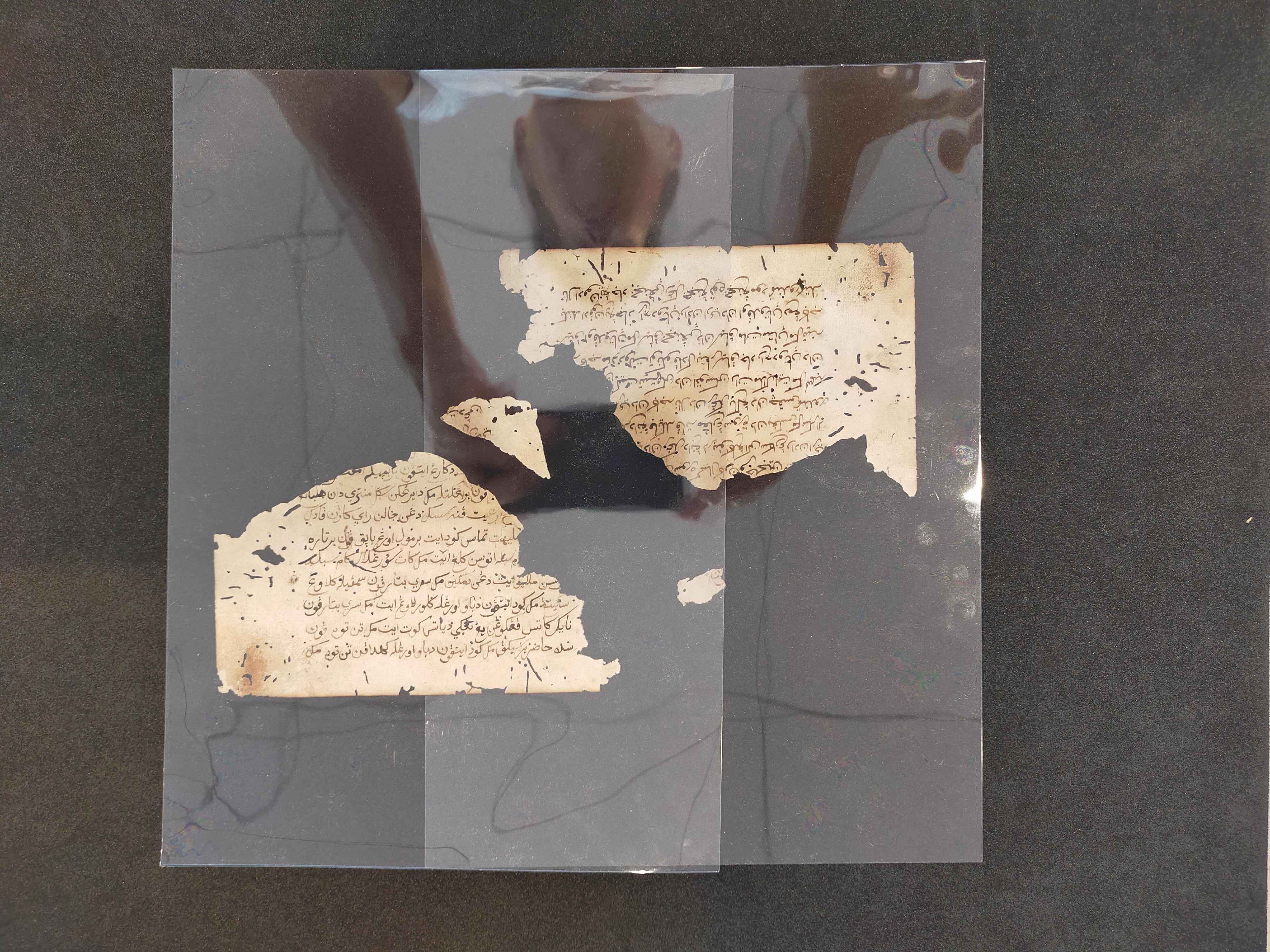
Moyog Innovation House: Empowering rural communities through innovation


Originally published on Citizen’s Journal Published: Dec 5, 2024.
Discover how Moyog Innovation House empowers Sabah’s rural communities by providing market access and sustainable practices, boosting income through the Koondos! platform.

Moyog Innovation House (MIH) is transforming the lives of rural Sabah’s Orang Asal communities.
Since its founding in 2021 by Juddy Lasius, MIH has helped empower local farmers and artisans by providing them with the skills, tools, and market access they need to thrive.
Through its e-commerce platform, Koondos!, MIH connects these communities to broader urban and digital markets, boosting incomes and promoting sustainable, eco-friendly practices.
A commitment to sustainable rural empowerment

MIH’s mission goes beyond welfare assistance. It aims to build economic resilience by training communities in agricultural innovation and product development.
By transforming local produce and crafts into marketable goods, MIH has enabled over 60 Orang Asal businesses and artisans to access both digital and urban markets.
Some have seen income increases of over 30%, a testament to the power of training and market access.

The platform Koondos!, meaning “happiness” in the Kadazan-Dusun language, was created with the support of the United Nations Development Programme (UNDP), the United Nations Capital Development Fund (UNCDF), Pacos Trust, and Tonibung (Friends of Village Development).
According to Juddy Lasius, “The idea of setting up MIH stemmed from a vision of empowering rural communities through sustainable practices, skills training, and digital commerce.”
MIH’s focus on environmental sustainability, economic growth, and social equity aligns with several United Nations Sustainable Development Goals (SDGs), including SDG1 (reducing poverty), SDG2 (achieving food security), SDG8 (promoting sustainable economic growth), and SDG12 (ensuring responsible consumption and production).
Innovative products and capacity building

The products offered through Koondos! are as diverse as they are unique.
MIH has helped local farmers and artisans market teas, spices, healthy snacks, foot soaks, eco-friendly décor, and glass sand products.
These goods are made from locally sourced ingredients, such as roselle, butterfly pea, ginger, lemongrass, turmeric, moringa, and wild ginger.
Juddy Lasius explains, “Sabah’s rural communities are rich in unique products and resources, and we help turn these into innovative market-ready products.”

MIH also plays a crucial role in capacity building by offering workshops and partnering with other agencies to tackle key challenges.
The organisation focuses on reducing agricultural waste through drying techniques and provides training in recycling and upcycling, such as glass crushing for eco-friendly glass sand products.
One of MIH’s most successful initiatives involved mentoring 12 participants, including single mothers and youth, helping them develop sustainable livelihoods.
Overcoming rural challenges

Despite the success of MIH, rural communities in Sabah face several challenges.
Poor transportation, unreliable electricity, limited internet access, and a lack of healthcare hinder both production and market access.
These issues also make it difficult for local producers to attend training sessions or utilise platforms like Koondos!.
Juddy explains, “Power outages disrupt production, and unreliable internet hampers online sales and training.”

To overcome these barriers, MIH has collaborated with partners like Pacos Trust and Tonibung to introduce solutions such as solar drying and offline training.
These initiatives allow communities to continue their work despite the infrastructural challenges they face.
In addition to digital marketing, MIH also facilitates direct sales at traditional markets, known as Tamu.
This integration of modern and traditional markets helps preserve cultural heritage while allowing local producers to engage with consumers face-to-face.
Looking ahead: Growth and advocacy

Looking to the future, Juddy Lasius envisions expanding MIH beyond Penampang to other areas in Sabah, and eventually to Sarawak and Peninsular Malaysia.
Research and development will also play a key role in improving agricultural techniques, product quality, and packaging, ensuring that the products can compete in both national and international markets.
Juddy also advocates for greater government intervention to support the Orang Asal communities.
In particular, she calls for improvements in basic facilities such as electricity and internet access, as well as stronger land rights protection.

“Securing land rights for Orang Asal communities will protect their cultural heritage and ensure their ability to continue with traditional agricultural practices or engage in new, sustainable livelihoods,” she adds.
MIH’s initiatives have made a significant impact in the rural communities of Sabah, empowering them with the skills, tools, and market access they need to succeed.
As the organisation continues to grow and expand, it remains committed to building sustainable, inclusive, and resilient communities through innovation and collaboration.
Moyog Innovation House has shown that with the right support and tools, rural communities can overcome obstacles and unlock new opportunities.
As MIH grows and more people benefit from its services, the organisation remains committed to creating a brighter, more sustainable future for Sabah’s Orang Asal communities.
For more information, please visit https://sokong.org/
Citizen’s Journal proudly joins hands with Sokong.org as the official media partner. Sokong.org is the platform connecting individuals with diverse organizations supporting various causes. Together, we foster collective action to create impactful change. Interested in supporting non-profit organizations and making a difference? Click this link for more information on how you can participate and contribute to meaningful initiatives.





